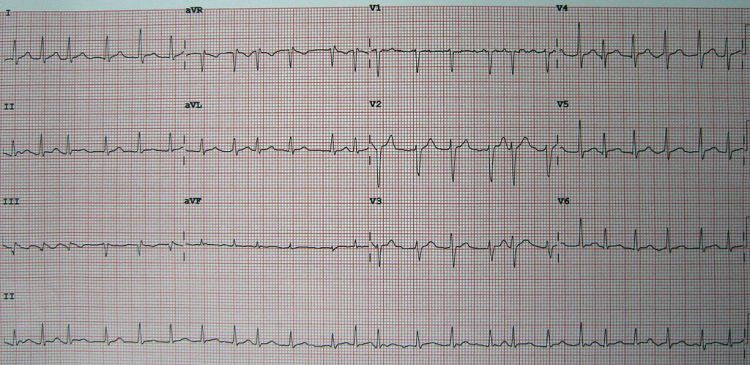Dr. James Stein expresses concern about broad screens for atrial fibrillation


An estimated 2.7M to 6.1M Americans have atrial fibrillation (AFib), according to the US Centers for Disease Control and Prevention, making it the most common type of heart arrhythmia. The condition increases risk of stroke four- to five-fold. Could increased screening for AFib help? James Stein, MD, professor, Cardiovascular Medicine, is concerned that it might not.
Researchers at Scripps Translational Science Institute reported a randomized controlled trial in which 2,659 people were randomized to immediate or delayed (4 months) screening for atrial fibrillation using a self-applied wearable electrocardiogram (ECG) patch.
An observational portion of the study compared the trial patients who received screening with a matched cohort who were not screened, finding that the rate of new atrial fibrillation diagnosis was more than doubled in the monitored group and correlated with higher rates of anticoagulation therapy, cardiology visits, and implantation of pacemaker or defibrillator devices.
Dr. Stein, who holds the Robert Turell Professor of Cardiovascular Research endowed position, expressed concern about the wisdom of expanded screening, pointing out that identifying each additional new case required screening 25 people.
"We don’t know, however, the rate of strokes or systemic embolism in patients discovered this way or the effectiveness of oral anticoagulation. The ease of screening will, however, lead more and more people at lower risk than those selected for this study to be screened, leading to more costs for unclear benefit, anxiety, and stigmatization," he said.
Resources:
- "If You Look For Atrial Fibrillation You Will Find Atrial Fibrillation," CardioBrief, July 10, 2018
Photo (top): EKG showing atrial fibrillation at a rate of 150 (public domain image). CC-SA-3.0